
Focus on Targeting MET Alterations in Advanced NSCLC: A Webinar for Asian Physicians
This live webinar will include a combination of presentations focusing on the importance of broad molecular profiling to avoid missing detection of actionable biomarkers and resistance mechanisms, and how to use new targeted treatment options to optimize care of patients in advanced NSCLC with MET alterations. Additionally, the experts will also present the clinical cases on how to treat patients with different scenarios in their clinical practice, which will help the clinicians to get more insights. The meeting will include audience voting on clinical scenario questions, and participants will also be able to submit questions for the faculty to address. Join this live webinar to gain valuable insights from renowned experts in the field on how to use new targeted treatment options to optimize care of patients in advanced NSCLC with MET alterations.
Faculty
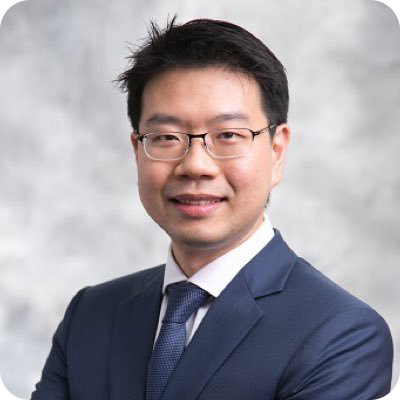
Daniel S.W. Tan, MBBS, MRCP, PhD, FAMS | Chair
National Cancer Centre Singapore
Singapore, Singapore
Daniel Tan is a Senior Consultant Medical Oncologist at the Division of Medical Oncology, National Cancer Centre Singapore (NCCS), an Associate Professor at Duke-National Medical School, and a Senior Clinical-Scientist at the Genome Institute of Singapore. He is also Deputy Head of the Division of Clinical Trials and Epidemiological Sciences, and Director of the Experimental Cancer Therapeutics Unit (Phase I Unit) at NCCS. Dr Tan’s research interests are in thoracic and head and neck oncology, and cancer drug development. His work is focused on improving the understanding of determinants of response and resistance to targeted therapy and immunotherapy. He has published more than 100 peer-reviewed articles, many in high impact-factor journals. He has been the recipient of several national and international awards for his research, including the ASCO Merit Award twice, and in 2019, the IASLC Daniel C. Idhe Lectureship Award for Medical Oncology. Dr Tan serves as Associate Editor for the J Thoracic Oncol and is the conference co-chair for the World Conference in Lung Cancer (WCLC) in 2020, and the track chair for translational research at ESMO 2021.
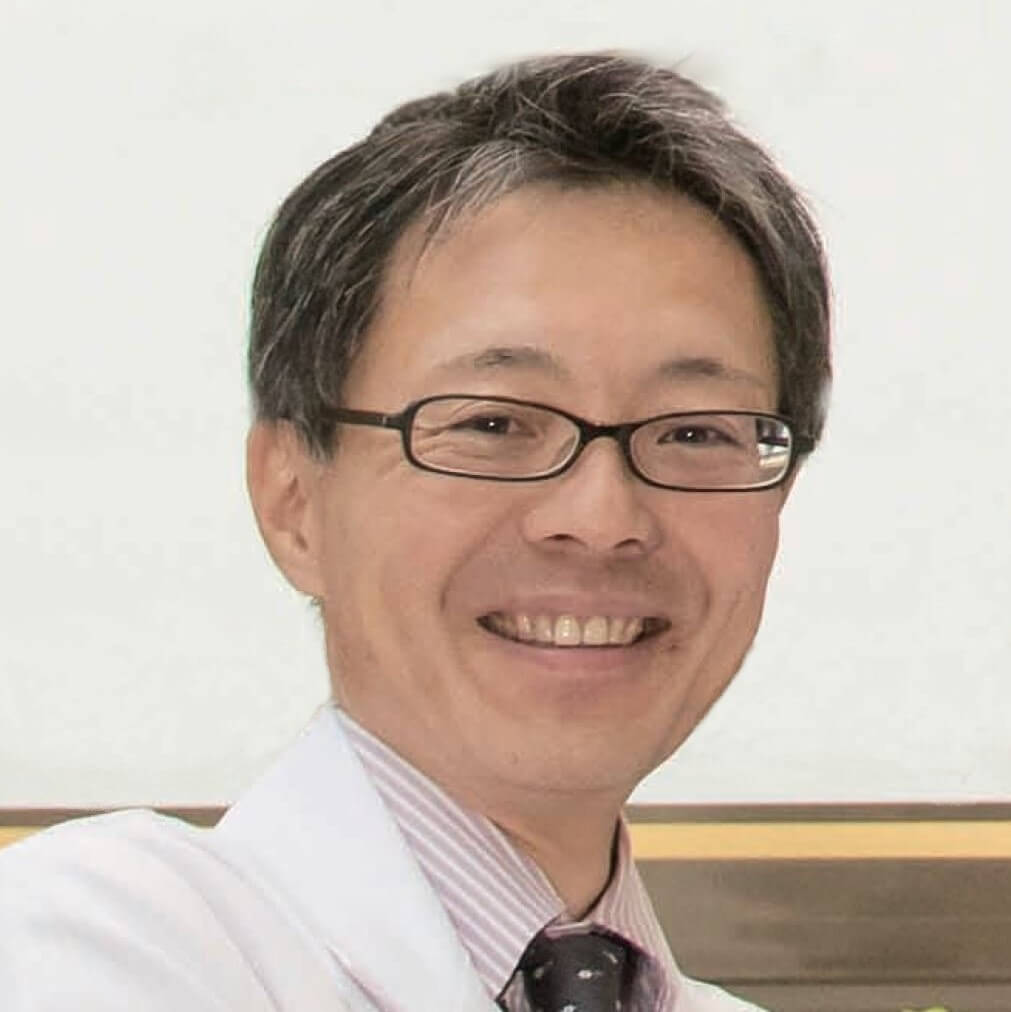
Yasushi Yatabe, MD, PhD
National Cancer Center
Tokyo, Japan
Yasushi Yatabe is currently Chief at the Department of Diagnostic Pathology, National Cancer Center Hospital, and Chief at the Division of Molecular Pathology, National Cancer Center Research Institute, Tokyo, Japan. He received his medical degree from Tsukuba University School of Medicine in 1991 and his PhD from Nagoya University in 1995. Dr. Yatabe spent 2 years of a post-doctoral fellowship at the Norris Comprehensive Cancer Center, University of Southern California, Los Angeles, CA, and on his return to Japan he worked as a Senior Pathologist and Chief (from 2005) at the Aichi Cancer Center Hospital until 2019 when he moved to his current position at the National Cancer Center in Tokyo.
Dedicated to research, Dr. Yatabe has published more than 500 articles in peer-reviewed journalsand presented his work at many national and international conferences. He has also served as a co-chair of the expert panel for the 2018 updated CAP/IASLC/AMP Molecular Testing Guideline. Throughout his career, he has earned a number of awards, including the 2017 IASLC Mary J. Matthews pathology/translational research award. His recent research interest focuses on translational research of lung cancer, contributing to expanding integration of clinical molecular oncology and pathology. Dr. Yatabe is a member of several societies including the American Thoracic Society and American Association for Cancer Research, and is a Board Member of the Japanese Society of Pathology, Japanese Association for Cancer Research, Japanese Society of Clinical Cytology and the Japanese Lung Cancer Society. In addition, he is an associate editor of Journal of Thoracic Oncology, Cancer Science and Pathology International.
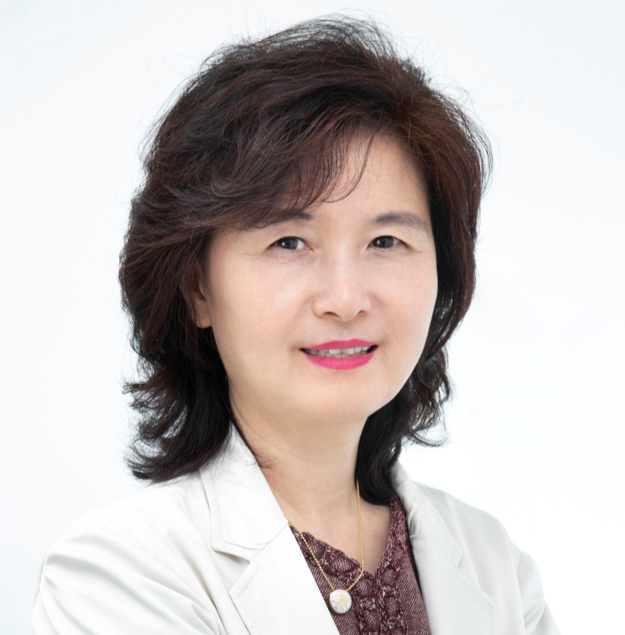
Myung-Ju Ahn, MD, PhD | Co-chair
Samsung Medical Center
Sungkyunkwan University School of Medicine
Seoul, South Korea
Myung-Ju Ahn, MD, PhD is a Professor of Hemato-Oncology at the Department of Medicine, Sungkyunkwan University School of Medicine, Seoul, South Korea. Her research interests include the development of predictive and prognostic markers for personalized lung cancer therapy. She has recently focused on early clinical trials for the development of drug discovery and repositioning of targeted drugs and the development of a non-small cell lung cancer (NSCLC) genome atlas. Professor Ahn received her medical and doctoral degrees from Hanyang University College of Medicine, Seoul, and completed her residency training at Hanyang University Hospital. She has held numerous research fellowships, including a postdoctoral research fellowship at the Memorial Sloan-Kettering Cancer Center, New York, US, and has authored over 300 cancer research publications.
Professor Ahn is a member of numerous research associations and societies, including the IASLC (International Association for the Study of Lung Cancer), AACR (American Association of Clinical Research), and ASCO (American Society of Clinical Oncology), and is currently Chief of the Executive Committee and Chairperson of the Lung Cancer Disease Committee of the KCSG (Korean Cancer Study Group) and director of Korean Association for Lung Cancer Association (KALC). She was President of the Korean Society of Medical Oncology (KSMO) and has also been Chair of the multidisciplinary Immuno-oncology Study Group (2017–2018). She is a board member for the Korea Cancer Society (KCA) and KSMO, and is on the editorial board of Journal of Thoracic Oncology. Professor Ahn’s accolades for her dedication to cancer research include: Best Researcher Award, Korean Medical Women Association (2003); Best Researcher Award, Korean Society of Medical Oncology (2015); Boryoung Scientific Award, Korean Cancer Research Foundation (2018); Wunsch Medical Award, Korean Academy of Medical Science (2020); Excellent Researcher Award, Minister of Health and Welfare (2021); Adi. F. Gadzar Merit Award from IASLC (2023), and Highly Cited Researcher, Clavirate Analytics (2019, 2020, 2021, 2022, 2023).
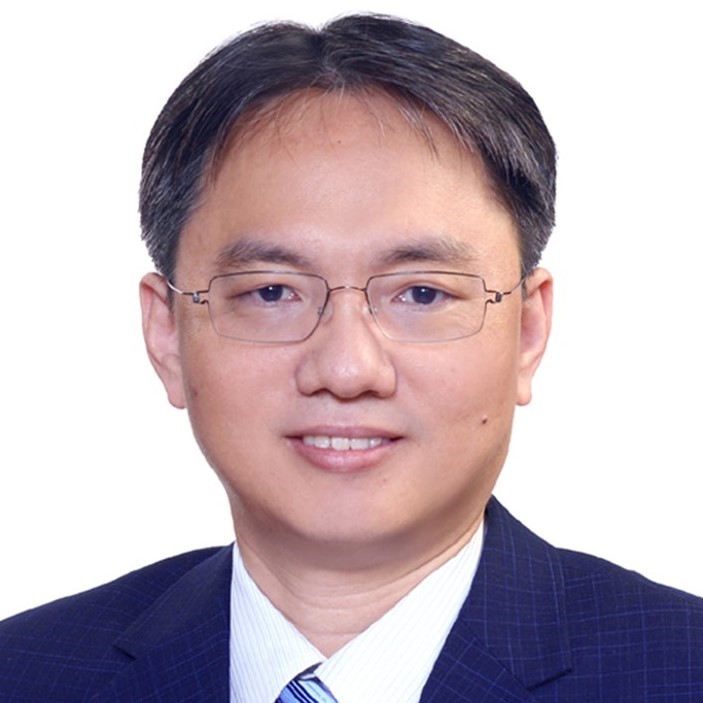
Chien-Chung Lin, MD, PhD
National Cheng Kung University Hospital
Tainan, Taiwan
Chien-Chung Lin is currently a Professor in the Department of Internal Medicine, National Cheng Kung University Hospital, Tainan, Taiwan. He is also part-time faculty in the Institute of Clinical Medicine, Department of Biochemistry and Molecular Biology, and Institute of Molecular Medicine – all in the College of Medicine, National Cheng Kung University. Professor Lin received his MD from the Chung Shan Medical University Taichung, Taiwan, and his PhD from the Graduate Institute of Clinical Medicine, College of Medicine, National Cheng Kung University. He has also been a visiting scholar at the University of California, Los Angeles, USA.
Professor Lin has published over 60 articles in peer-reviewed journals, mainly on the subject of non-small cell lung cancer. He has also been an invited speaker at regional and international congresses, including American Society of Clinical Oncology (ASCO) in 2017. Currently, he is a co-Principal Investigator in several clinical trials.
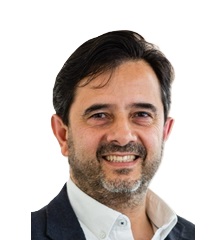
Nick Pavlakis, MBBS, MMEd (Clin Epi), PhD
Royal North Shore Hospital
The University of Sydney
Sydney, Australia
Nick Pavlakis, MBBS, MMEd (Clin Epi), PhD is a Senior Medical Oncologist at the Royal North Shore Hospital, North Shore Private Hospital, and Northern Cancer Institute (GenesisCare) in Sydney, Australia, and Professor of Medicine at the Northern Clinical School, University of Sydney. He is also Co-Chair of the Bill Walsh Translational Cancer Research Laboratory at the Royal North Shore Hospital. He has more than 20 years’ experience in the oncology field, including clinical and translational research.
Professor Pavlakis is trained in anti-angiogenic drug development, and he has an interest in new drug development and evaluation of drug resistance in lung cancer, mesothelioma, and GI malignancies, particularly NETs (Neuroendocrine Tumors). He is the Board Chair of the Thoracic Oncology Group of Australia (TOGA). He is study co-chair of several national and international co-operative group studies, including the TOGA ASPiRATION trial evaluating upfront comprehensive genomic profiling in newly diagnosed non-small cell lung cancer (NSCLC). He is IASLC (International Association for the Study of Lung Cancer) CME (Continuing Medical Education) and Education Committee co-Chair and was on faculty for the 2023 World Conference on Lung Cancer (WCLC).
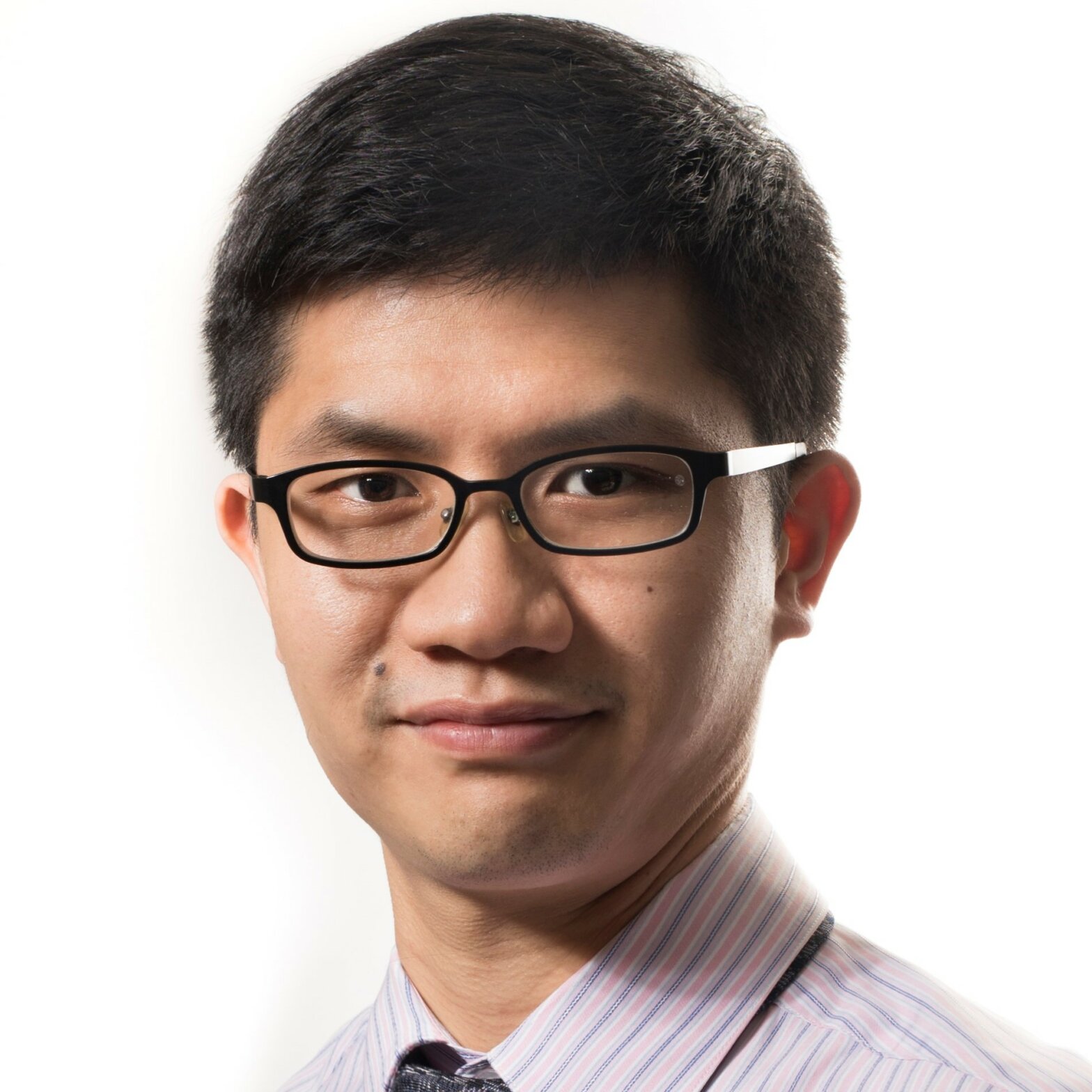
Molly SC Li, MBBS, MRCP, FHKCP, FHKAM
The Chinese University of Hong Kong
Hong Kong SAR, China
Molly Li is a board-certified specialist medical oncologist in Hong Kong and is currently the Clinical Assistant Professor in the Chinese University of Hong Kong. He graduated from the University of Hong Kong in 2014 with a distinction in medicine and psychiatry, and his research interest is in targeted therapy in lung cancer especially resistance mechanisms to osimertinib in EGFR-mutated lung cancer. Dr Li is the principal investigator or co-investigator of multiple lung cancer clinical trials in the Prince of Wales Hospital and conducts a number of translational and laboratory studies on drug resistance. He has served as a reviewer for multiple journals including Journal of Thoracic Oncology and Translational Lung Cancer Research. He has also been an invited speaker in multiple local and regional events and conferences.
15:00-15:10 Welcome and NSCLC quiz
Chair: Daniel Tan, MD, PhD
15:10-15:30 Optimizing the approaches to detect MET alterations in advanced NSCLC: The role of NGS-based molecular testing
Yasushi Yatabe, MD, PhD
15:30-15:40 Panel Discussion: Clinical insights of MET alterations detection
Moderator: Daniel Tan, MD, PhD
15:40-16:00 Evolving treatment options of MET exon 14 skipping in advanced NSCLC
Myung-Ju Ahn, MD
16:00-16:10 Panel Discussion: Clinical insights of MET exon 14 skipping in advanced NSCLC
Moderator: Daniel Tan, MD, PhD
16:10-16:25 How I treat MET exon 14 skipping patients?
Chien-Chung Lin, MD, PhD
16:25-16:30 Panel Discussion: Clinical Practice Advice from Experts
Moderator: Daniel Tan, MD, PhD
16:30-16:50 Optional strategies to overcome osimertinib resistance with MET amplification
Nick Pavlakis, MD, PhD
16:50-17:00 Panel Discussion: Clinical insights of MET amplification after osimertinib progression
Moderator: Daniel Tan, MD, PhD
17:00-17:15 How I treat osimertinib resistant patients with MET amplification?
Molly SC Li, MD
17:15-17:20 Panel Discussion: Clinical Practice Advice from Experts
Moderator: Daniel Tan, MD, PhD
17:20-17:30 Quiz Questions Revisited and Pearls for Practice
Chair: Daniel Tan, MD, PhD
This educational activity is designed specifically for medical oncologists, pulmonologists, pathologists, oncology fellows, and other healthcare professionals involved in the management of patients with lung cancer in the Asia Pacific region.
Upon completion of this educational activity, participants should be able to:
- Assess broad molecular genomic profiling such as NGS (in tissue and plasma) for the detection of actionable molecular drivers and resistance mechanisms in advanced NSCLC with MET alterations
- Evaluate treatment strategy for advanced NSCLC with MET exon 14 skipping mutation
- Identify resistance mechanisms to EGFR TKI and treatment strategies for EGFR-mutant NSCLC after progression on osimertinib with MET amplification
This activity is provided by ACE Oncology.
This educational activity is supported by an independent grant from the Healthcare business of Merck KGaA, Darmstadt, Germany.
This activity provides content that is evidence-based, balanced, and free of commercial bias, with a primary objective to improve the competence and performance of learners in order to improve patient care. There is no fee for this activity.
